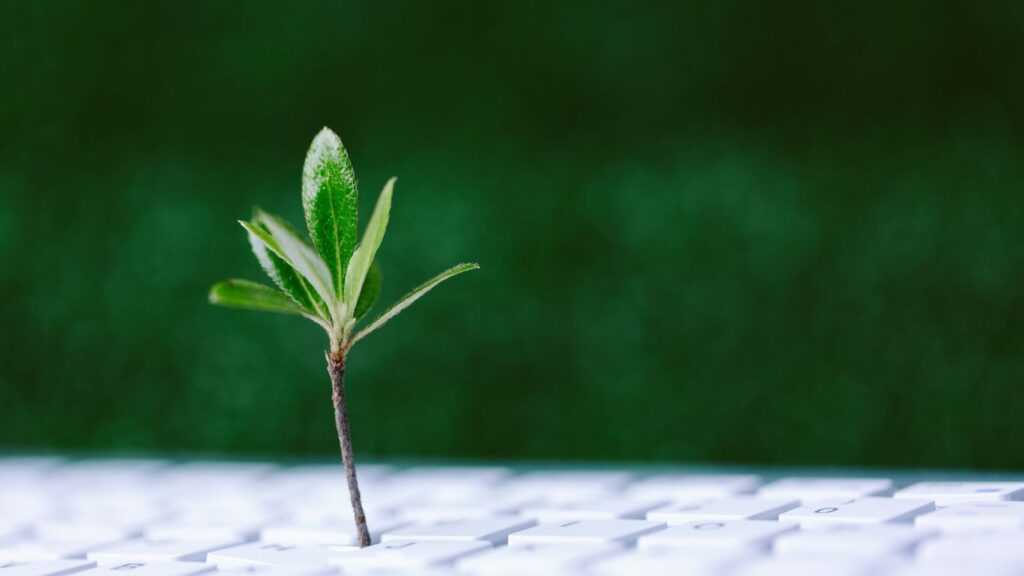Ever feel overwhelmed by the amount of trash you generate? You’re not alone. Adopting a zero waste lifestyle can seem daunting, but it’s a powerful way to reduce your environmental footprint and live more sustainably. By making small, intentional changes, you can significantly cut down on waste and even save money in the process.
I’ve found that living zero waste isn’t just about the environment; it’s about simplifying life and making mindful choices. From reducing plastic use to composting food scraps, each step brings a sense of accomplishment and a cleaner, greener home. Ready to dive in? Let’s explore the benefits of a zero waste lifestyle and how you can start making impactful changes today.
Understanding the Zero Waste Lifestyle
What Is Zero Waste?
Zero waste aims to eliminate waste by changing lifestyles to reduce unnecessary consumption. It focuses on reusing, recycling, and composting materials to avoid sending them to landfills. The goal is to minimize excess waste and create systems where resources are reused sustainably. Adopting this lifestyle involves making mindful choices about product usage, such as buying items in bulk, using reusable containers, and opting for products with minimal packaging.
The Environmental Impact of Zero Waste Living
Zero waste living significantly reduces environmental harm. It decreases the volume of waste in landfills and incinerators, which cuts greenhouse gas emissions that contribute to climate change. Recycling and reusing materials conserve natural resources and reduce pollution from manufacturing processes. Composting organic waste returns nutrients to the soil, promoting healthier ecosystems. Living zero waste helps protect wildlife by reducing habitat destruction and preventing plastic from entering oceans and harming marine life.
Benefits of Adopting a Zero Waste Lifestyle
1. Health and Wellness Advantages
Adopting a zero waste lifestyle brings several health and wellness benefits. By avoiding plastic packaging and single-use items, each individual reduces exposure to harmful chemicals like BPA and phthalates, which often leach from plastics into food and drinks. Opting for fresh, unpackaged produce means making healthier dietary choices, avoiding processed foods with additives and preservatives.
Using natural cleaning products and personal care items, which are commonly part of zero waste living, helps reduce indoor air pollution and skin irritations caused by harsh chemicals. For example, replacing synthetic cleaning agents with homemade alternatives like vinegar and baking soda improves indoor air quality, leading to fewer respiratory issues. Zero waste living fosters mindfulness, promoting a sustainable mindset and overall mental well-being by encouraging individuals to live with intention and gratitude.
2. Economic Benefits for Individuals and Communities
Embracing a zero waste lifestyle leads to significant economic benefits. Initially, investing in reusable items like cloth bags, stainless steel water bottles, and glass jars may seem costly, but the long-term savings are substantial. These durable products last longer, reducing the need to frequently replace disposable items.
In communities, local economies benefit as consumers shift towards supporting local farmers, artisans, and businesses that offer sustainable products. This shift keeps money within the community, fostering economic growth and job creation. By reducing waste management costs, municipalities can allocate funds to other critical areas like education and infrastructure. Zero waste initiatives in communities also create opportunities for new businesses focused on repair, resale, and recycling, driving local innovation and entrepreneurship.
Practical Steps to Begin Your Zero Waste Journey

Evaluating Your Current Waste
First, identify what types and quantities of waste you generate. Keep a waste diary for a week to record all discarded items. List categories like plastic, food, paper, and e-waste. This will show where to focus your efforts. Note high-waste areas; these offer the most opportunity for change.
Simple Changes to Reduce Waste
Start with easy swaps to cut waste. Use reusable bags, water bottles, and coffee cups. Avoid single-use products; opt for bulk items instead. For example, buy grains, nuts, and spices in bulk to reduce packaging. Implement composting for food scraps and yard waste, reducing landfill use. Repair broken items rather than discarding them, saving resources and money.
Finding Zero Waste Alternatives
Seek sustainable, zero waste alternatives for everyday products. Use beeswax wraps instead of plastic wrap. Opt for bamboo toothbrushes over plastic ones. Explore local stores that sell package-free goods. Choose products with minimal or biodegradable packaging. Support companies that prioritize sustainability. Invest in durable goods designed to last, reducing the need for frequent replacements.
Zero Waste Success Stories
Case Studies of Individuals
- Zero Waste Lifestyles: Numerous individuals have adopted zero waste lifestyles, showing tangible benefits.
- Bea Johnson: Author of “Zero Waste Home,” reduced her family’s annual waste to fit into a single mason jar by refusing unnecessary items, minimizing purchases, and repurposing existing belongings.
- Lauren Singer: Founder of the blog “Trash is for Tossers,” has lived waste-free since 2012, focusing on making her own personal care products to reduce packaging waste and cut down on harmful chemicals entering her home.
Impact on Communities
- Community Efforts: Several communities have achieved significant waste reduction by collectively adopting zero waste principles.
- Kamikatsu, Japan: Aimed for zero waste by 2020 and implemented extensive recycling programs. Residents sort their waste into 45 categories, resulting in a recycling rate of over 80%.
- San Francisco: Implemented policies targeting zero waste by 2025. The city introduced mandatory composting and recycling, which reduced landfill disposal by nearly 80% from its peak levels.
Conclusion
Embracing a zero waste lifestyle can seem daunting at first but the benefits are truly worth it. By making small changes in our daily habits we can make a significant impact on the environment and even save money in the long run. The journey might require some effort and adjustment but the positive outcomes for our planet and future generations are undeniable. Let’s take inspiration from those who’ve successfully adopted this lifestyle and from communities that have made impressive strides toward waste reduction. Start your zero waste journey today and be part of the solution for a healthier planet.

 Rogerry Nelsonier is a trailblazer in the tech industry, renowned for his passion for technology and its potential to drive societal impact. Inspired by the rapid advancements in technology, Rogerry envisioned a collaborative space where innovative minds could converge to explore groundbreaking ideas and develop transformative solutions. This vision culminated in the founding of Info Wave Circle, a dynamic community dedicated to fostering innovation and creativity.
Rogerry's journey began in Pompano Beach, Florida, where he established Info Wave Circle to bring together like-minded individuals passionate about leveraging technology for positive change. Under his leadership, Info Wave Circle has grown into a thriving hub for tech enthusiasts, entrepreneurs, and innovators. Rogerry’s commitment to pushing the boundaries of what technology can achieve continues to inspire those around him, making Info Wave Circle a beacon of progress and societal advancement.
Rogerry Nelsonier is a trailblazer in the tech industry, renowned for his passion for technology and its potential to drive societal impact. Inspired by the rapid advancements in technology, Rogerry envisioned a collaborative space where innovative minds could converge to explore groundbreaking ideas and develop transformative solutions. This vision culminated in the founding of Info Wave Circle, a dynamic community dedicated to fostering innovation and creativity.
Rogerry's journey began in Pompano Beach, Florida, where he established Info Wave Circle to bring together like-minded individuals passionate about leveraging technology for positive change. Under his leadership, Info Wave Circle has grown into a thriving hub for tech enthusiasts, entrepreneurs, and innovators. Rogerry’s commitment to pushing the boundaries of what technology can achieve continues to inspire those around him, making Info Wave Circle a beacon of progress and societal advancement.
